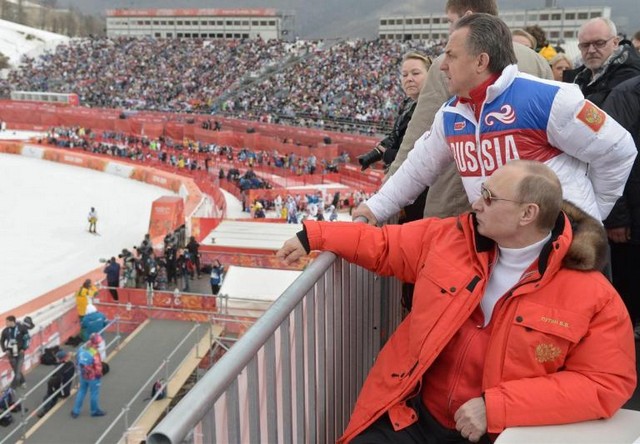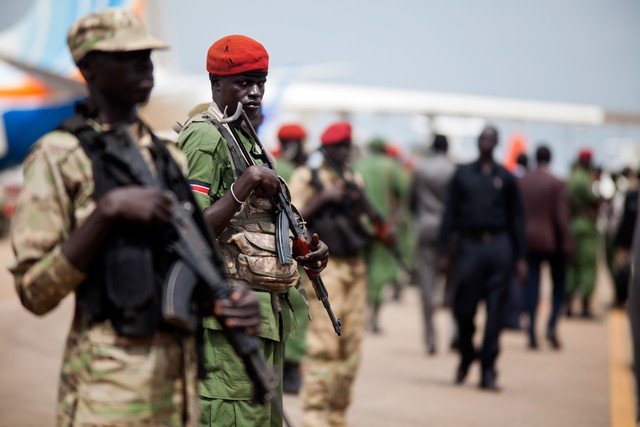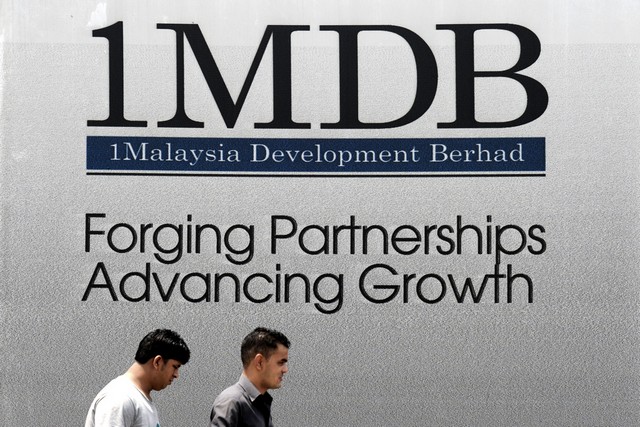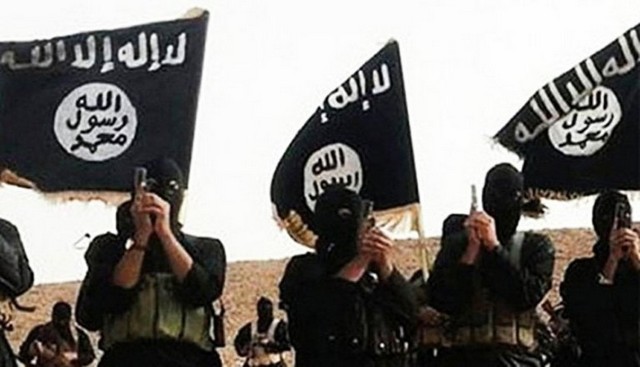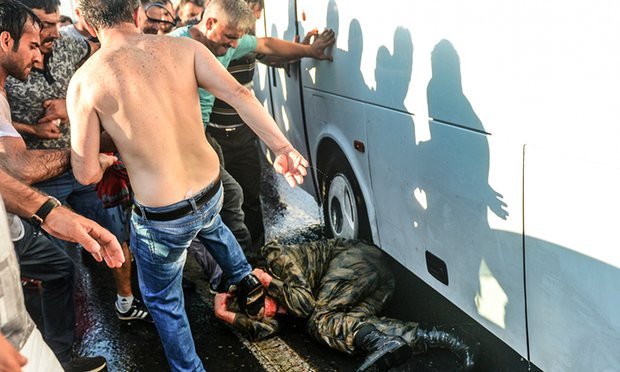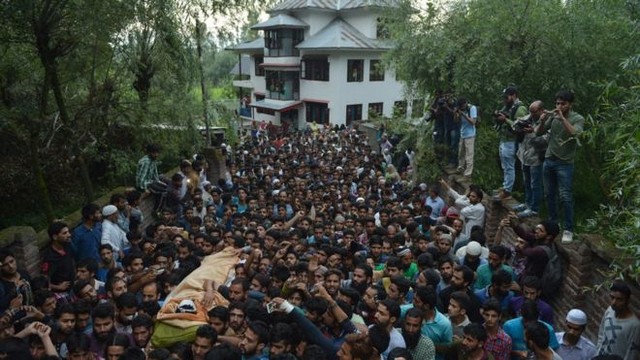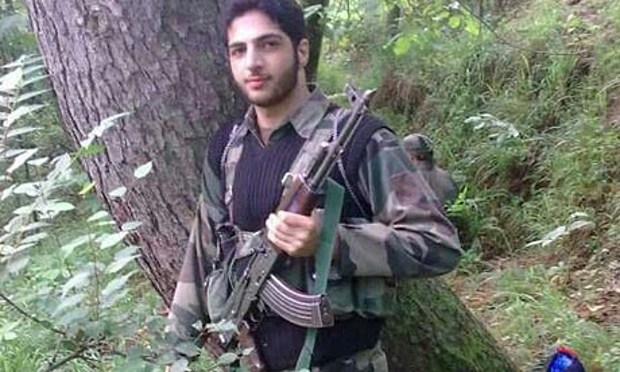By William D Hartung
When American firms dominate a global market worth more than $70 billion a year, you’d expect to hear about it. Not so with the global arms trade. It’s good for one or two stories a year in the mainstream media, usually when the annual statistics on the state of the business come out.
It’s not that no one writes about aspects of the arms trade. There are occasional pieces that, for example, take note of the impact of U.S. weapons transfers, including cluster bombs, to Saudi Arabia, or of the disastrous dispensation of weaponry to U.S. allies in Syria, or of foreign sales of the costly, controversial F-35 combat aircraft. And once in a while, if a foreign leader meets with the president, U.S. arms sales to his or her country might generate an article or two. But the sheer size of the American arms trade, the politics that drive it, the companies that profit from it, and its devastating global impacts are rarely discussed, much less analyzed in any depth.
So here’s a question that’s puzzled me for years (and I’m something of an arms wonk): Why do other major U.S. exports — from Hollywood movies to Midwestern grain shipments to Boeing airliners — garner regular coverage while trends in weapons exports remain in relative obscurity? Are we ashamed of standing essentially alone as the world’s number one arms dealer, or is our Weapons “R” Us role such a commonplace that we take it for granted, like death or taxes?
The numbers should stagger anyone. According to the latest figures available from the Congressional Research Service, the United States was credited with more than half the value of all global arms transfer agreements in 2014, the most recent year for which full statistics are available. At 14%, the world’s second largest supplier, Russia, lagged far behind. Washington’s “leadership” in this field has never truly been challenged. The U.S. share has fluctuated between one-third and one-half of the global market for the past two decades, peaking at an almost monopolistic 70% of all weapons sold in 2011. And the gold rush continues. Vice Admiral Joe Rixey, who heads the Pentagon’s arms sales agency, euphemistically known as the Defense Security Cooperation Agency, estimates that arms deals facilitated by the Pentagon topped $46 billion in 2015, and are on track to hit $40 billion in 2016.
To be completely accurate, there is one group of people who pay remarkably close attention to these trends — executives of the defense contractors that are cashing in on this growth market. With the Pentagon and related agencies taking in “only” about $600 billion a year — high by historical standards but tens of billions of dollars less than hoped for by the defense industry — companies like Lockheed Martin, Raytheon, and General Dynamics have been looking to global markets as their major source of new revenue.
In a January 2015 investor call, for example, Lockheed Martin CEO Marillyn Hewson was asked whether the Iran nuclear deal brokered by the Obama administration and five other powers might reduce tensions in the Middle East, undermining the company’s strategy of increasing its arms exports to the region. She responded that continuing “volatility” in both the Middle East and Asia would make them “growth areas” for the foreseeable future. In other words, no worries. As long as the world stays at war or on the verge of it, Lockheed Martin’s profits won’t suffer — and, of course, its products will help ensure that any such “volatility” will prove lethal indeed.
Under Hewson, Lockheed has set a goal of getting at least 25% of its revenues from weapons exports, and Boeing has done that company one better. It’s seeking to make overseas arms sales 30% of its business.
Good News From the Middle East (If You’re an Arms Maker)
Arms deals are a way of life in Washington. From the president on down, significant parts of the government are intent on ensuring that American arms will flood the global market and companies like Lockheed and Boeing will live the good life. From the president on his trips abroad to visit allied world leaders to the secretaries of state and defense to the staffs of U.S. embassies, American officials regularly act as salespeople for the arms firms. And the Pentagon is their enabler. From brokering, facilitating, and literally banking the money from arms deals to transferring weapons to favored allies on the taxpayers’ dime, it is in essence the world’s largest arms dealer.
In a typical sale, the U.S. government is involved every step of the way. The Pentagon often does assessments of an allied nation’s armed forces in order to tell them what they “need” — and of course what they always need is billions of dollars in new U.S.-supplied equipment. Then the Pentagon helps negotiate the terms of the deal, notifies Congress of its details, and collects the funds from the foreign buyer, which it then gives to the U.S. supplier in the form of a defense contract. In most deals, the Pentagon is also the point of contact for maintenance and spare parts for any U.S.-supplied system. The bureaucracy that helps make all of this happen, the Defense Security Cooperation Agency, is funded from a 3.5% surcharge on the deals it negotiates. This gives it all the more incentive to sell, sell, sell.
And the pressure for yet more of the same is always intense, in part because the weapons makers are careful to spread their production facilities to as many states and localities as possible. In this way, they ensure that endless support for government promotion of major arms sales becomes part and parcel of domestic politics.
General Dynamics, for instance, has managed to keep its tank plants in Ohio and Michigan running through a combination of add-ons to the Army budget — funds inserted into that budget by Congress even though the Pentagon didn’t request them — and exports to Saudi Arabia. Boeing is banking on a proposed deal to sell 40 F-18s to Kuwait to keep its St. Louis production line open, and is currently jousting with the Obama administration to get it to move more quickly on the deal. Not surprisingly, members of Congress and local business leaders in such states become strong supporters of weapons exports.
Though seldom thought of this way, the U.S. political system is also a global arms distribution system of the first order. In this context, the Obama administration has proven itself a good friend to arms exporting firms. During President Obama’s first six years in office, Washington entered into agreements to sell more than $190 billion in weaponry worldwide — more, that is, than any U.S. administration since World War II. In addition, Team Obama has loosened restrictions on arms exports, making it possible to send abroad a whole new range of weapons and weapons components — including Black Hawk and Huey helicopters and engines for C-17 transport planes — with far less scrutiny than was previously required.
This has been good news for the industry, which had been pressing for such changes for decades with little success. But the weaker regulations also make it potentially easier for arms smugglers and human rights abusers to get their hands on U.S. arms. For example, 36 U.S. allies — from Argentina and Bulgaria to Romania and Turkey — will no longer need licenses from the State Department to import weapons and weapons parts from the United States. This will make it far easier for smuggling networks to set up front companies in such countries and get U.S. arms and arms components that they can then pass on to third parties like Iran or China. Already a common practice, it will only increase under the new regulations.
The degree to which the Obama administration has been willing to bend over backward to help weapons exporters was underscored at a 2013 hearing on those administration export “reforms.” Tom Kelly, then the deputy assistant secretary of the State Department’s Bureau of Political-Military Affairs, caught the spirit of the era when asked whether the administration was doing enough to promote American arms exports. He responded:
“[We are] advocating on behalf of our companies and doing everything we can to make sure that these sales go through… and that is something we are doing every day, basically [on] every continent in the world… and we’re constantly thinking of how we can do better.”
One place where, with a helping hand from the Obama administration and the Pentagon, the arms industry has been doing a lot better of late is the Middle East. Washington has brokered deals for more than $50 billion in weapons sales to Saudi Arabia alone for everything from F-15 fighter aircraft and Apache attack helicopters to combat ships and missile defense systems.
The most damaging deals, if not the most lucrative, have been the sales of bombs and missiles to the Saudis for their brutal war in Yemen, where thousands of civilians have been killed and millions of people are going hungry. Members of Congress like Michigan Representative John Conyers and Connecticut Senator Chris Murphy have pressed for legislation that would at least stem the flow of the most deadly of the weaponry being sent for use there, but they have yet to overcome the considerable clout of the Saudis in Washington (and, of course, that of the arms industry as well).
When it comes to the arms business, however, there’s no end to the good news from the Middle East. Take the administration’s proposed new 10-year aid deal with Israel. If enacted as currently planned, it would boost U.S. military assistance to that country by up to 25% — to roughly $4 billion per year. At the same time, it would phase out a provision that had allowed Israel to spend one-quarter of Washington’s aid developing its own defense industry. In other words, all that money, the full $4 billion in taxpayer dollars, will now flow directly into the coffers of companies like Lockheed Martin, which is in the midst of completing a multi-billion-dollar deal to sell the Israelis F-35s.
“Volatility” in Asia and Europe
As Lockheed Martin’s Marillyn Hewson noted, however, the Middle East is hardly the only growth area for that firm or others like it. The dispute between China and its neighbors over the control of the South China Sea (which is in many ways an incipient conflict over whether that country or the United States will control that part of the Pacific Ocean) has opened up new vistas when it comes to the sale of American warships and other military equipment to Washington’s East Asian allies. The recent Hague court decision rejecting Chinese claims to those waters (and the Chinese rejection of it) is only likely to increase the pace of arms buying in the region.
At the same time, in the good-news-never-ends department, growing fears of North Korea’s nuclear program have stoked a demand for U.S.-supplied missile defense systems. The South Koreans have, in fact, just agreed to deploy Lockheed Martin’s THAAD anti-missile system. In addition, the Obama administration’s decision to end the longstanding embargo on U.S. arms sales to Vietnam is likely to open yet another significant market for U.S. firms. In the past two years alone, the U.S. has offered more than $15 billion worth of weaponry to allies in East Asia, with Taiwan, Japan, and South Korea accounting for the bulk of the sales.
In addition, the Obama administration has gone to great lengths to build a defense relationship with India, a development guaranteed to benefit U.S. arms exporters. Last year, Washington and New Delhi signed a 10-year defense agreement that included pledges of future joint work on aircraft engines and aircraft carrier designs. In these years, the U.S. has made significant inroads into the Indian arms market, which had traditionally been dominated by the Soviet Union and then Russia. Recent deals include a $5.8 billion sale of Boeing C-17 transport aircraft and a $1.4 billion agreement to provide support services related to a planned purchase of Apache attack helicopters.
And don’t forget “volatile” Europe. Great Britain’s recent Brexit vote introduced an uncertainty factor into American arms exports to that country. The United Kingdom has been by far the biggest purchaser of U.S. weapons in Europe of late, with more than $6 billion in deals struck over the past two years alone — more, that is, than the U.S. has sold to all other European countries combined.
The British defense behemoth BAE is Lockheed Martin’s principal foreign partner on the F-35 combat aircraft, which at a projected cost of $1.4 trillion over its lifetime already qualifies as the most expensive weapons program in history. If Brexit-driven austerity were to lead to a delay in, or the cancellation of, the F-35 deal (or any other major weapons shipments), it would be a blow to American arms makers. But count on one thing: were there to be even a hint that this might happen to the F-35, lobbyists for BAE will mobilize to get the deal privileged status, whatever other budget cuts may be in the works.
On the bright side (if you happen to be a weapons maker), any British reductions will certainly be more than offset by opportunities in Eastern and Central Europe, where a new Cold War seems to be gaining traction. Between 2014 and 2015, according to the Stockholm International Peace Research Institute, military spending increased by 13% in the region in response to the Russian intervention in Ukraine. The rise in Poland’s outlays, at 22%, was particularly steep.
Under the circumstances, it should be obvious that trends in the global arms trade are a major news story and should be dealt with as such in the country most responsible for putting more weapons of a more powerful nature into the hands of those living in “volatile” regions. It’s a monster business (in every sense of the word) and certainly has far more dangerous consequences than licensing a Hollywood blockbuster or selling another Boeing airliner.
Historically, there have been rare occasions of public protest against unbridled arms trafficking, as with the backlash against “the merchants of death” after World War I, or the controversy over who armed Saddam Hussein that followed the 1991 Persian Gulf War. Even now, small numbers of congressional representatives, including John Conyers, Chris Murphy, and Kentucky Senator Rand Paul, continue to try to halt the sale of cluster munitions, bombs, and missiles to Saudi Arabia.
There is, however, unlikely to be a genuine public debate about the value of the arms business and Washington’s place in it if it isn’t even considered a subject worthy of more than an occasional media story. In the meantime, the United States continues to hold onto the number one role in the global arms trade, the White House does its part, the Pentagon greases the wheels, and the dollars roll in to profit-hungry U.S. weapons contractors.
William D Hartung, a TomDispatch regular, is the director of the Arms and Security Project at the Center for International Policy and a senior advisor to the Security Assistance Monitor. He is the author of Prophets of War: Lockheed Martin and the Making of the Military-Industrial Complex.
Copyright 2016 William D. Hartung
26 July 2016


